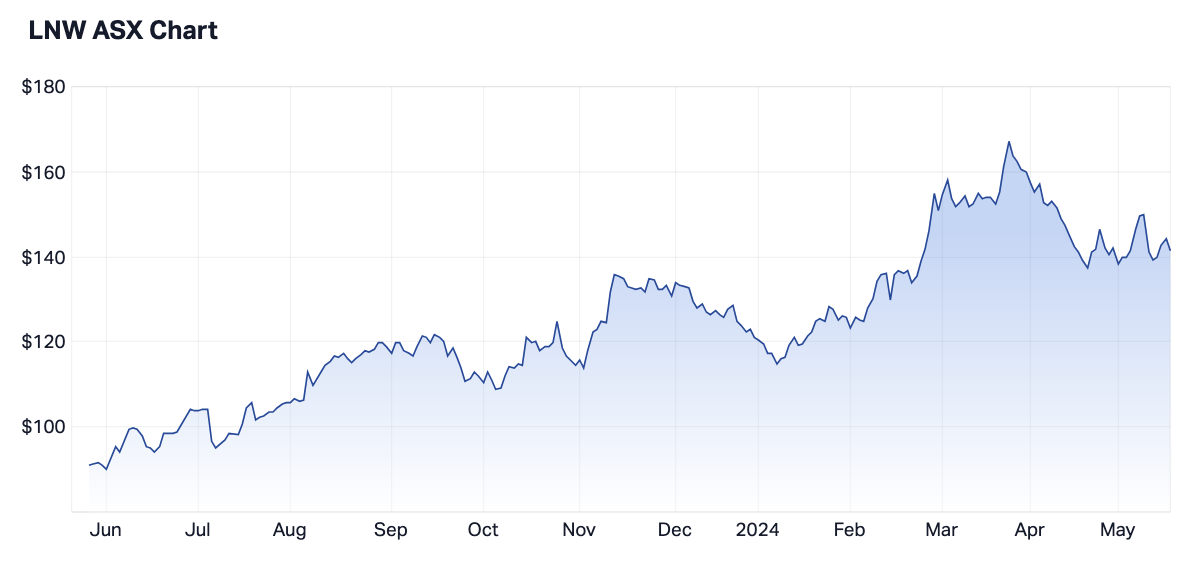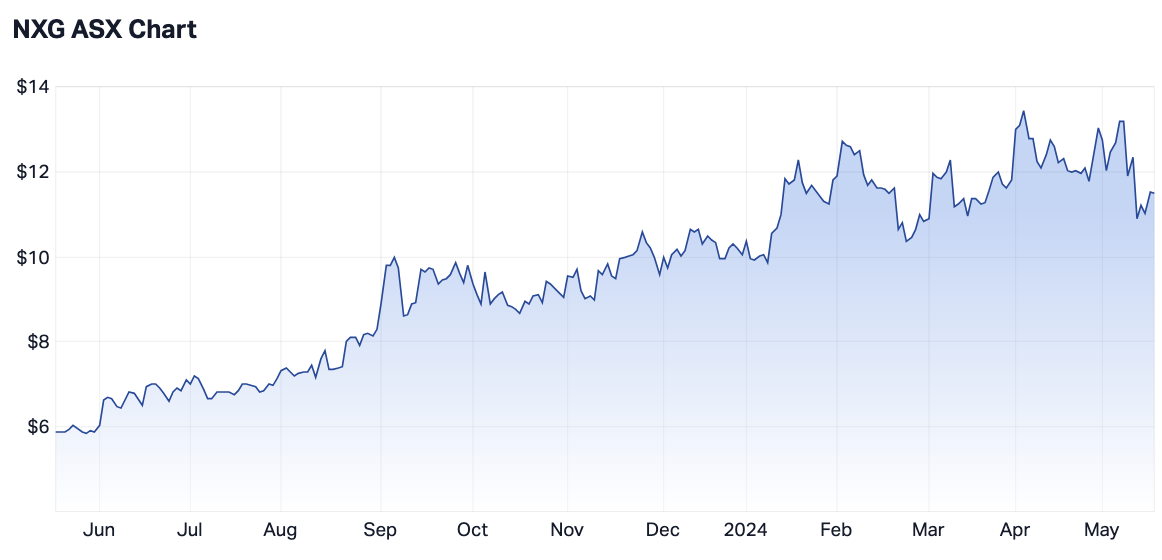Where David Moberley is hunting for structural growth stocks
Australian retail company shares have been pulling back lately in response to weaker trading updates from the likes of JB Hi-Fi and Super Retail Group.
This follows the trend of ABS retail sales data, which recently flagged another fall in the March quarter – the fifth decline in six quarters.
You might think now is a good time to pick up some bargains amid Australian retail names. But David Moberley, co-founder and portfolio manager at ClearLife Capital, thinks otherwise.
Casting back to 2023, he notes there was a lot of concern about the Australian consumer – particularly earlier in the year when the cash rate hit 3.6% on 6 March.
“Many investors went underweight the sector, short interest went incredibly high, and valuations were driven toward the bottom end of what you’d seen historically,” Moberley says.
“After that, results were probably “less worse” – by that I mean earnings were still declining in many instances but analysts had downgraded too much.”
It was still a tough period for Australian consumers but share prices in the space rallied on the back of positive earnings revisions from many companies. This, in turn, led to a spate of short covering and saw valuations then lift toward the top of the range.
“Then towards the end of last year, you saw a number of analysts capitulate on negative views and push recommendations positive again,” says Moberley.
As 2024 began, investors were again piling into the sector and short positions were minimal. This was driven by this “less worse” expectation for the year alongside the hope many had for cuts to both interest rates and taxes.
“So far, that hasn’t really played out and we’re seeing that earnings revision cycle again,” Moberley says.
This has been reflected in the recent results and the subsequent share price falls across several retail names. One of the biggest selloffs was at Baby Bunting (ASX: BBN), whose shares dropped 22% on the back of declining comparable store sales. Homewares and furniture retailer Temple & Webster (ASX: TPW) also reported cost of living pressures had knocked sales since 1 January.
Moberley notes there are fundamental reasons for this – elevated living expenses that are running ahead of wage inflation. This is having the most pronounced effect among younger Australians.
“Unsurprisingly, you’ve seen areas like clothing, footwear and apparel as the tougher sectors,” he says.
“Spending per capita has been decelerating a lot in the last 12 months but in aggregate, that’s being offset by high migration levels."
That said, Moberley expects this tailwind will soon become a headwind as the government’s tightened international student visa regulations take effect.
What does this mean for investors?
Moberley says he prefers to own companies that can grow their earnings independent of the market cycle. ClearLife currently has no net exposure to the consumer cyclical sector.
“Positioning is quite full, valuations aren’t cheap and a lot of the cyclical names don’t have the ability to grow independent of what happens in the broader market,” he says.
One company in the space Moberley believes has secular growth attributes is Light & Wonder (ASX: LNW) – a gaming company run by several former executives from its ASX-listed rival Aristocrat.

But across the ClearLife Opportunities fund, commodities is its largest area of exposure, including copper and uranium producers. While reluctant to name specific stocks because of ongoing activity, Moberley reveals that Canadian uranium miner NexGen Energy (ASX: NXG) has been held since the fund launched around 18 months ago.

2 topics
4 stocks mentioned
1 contributor mentioned

